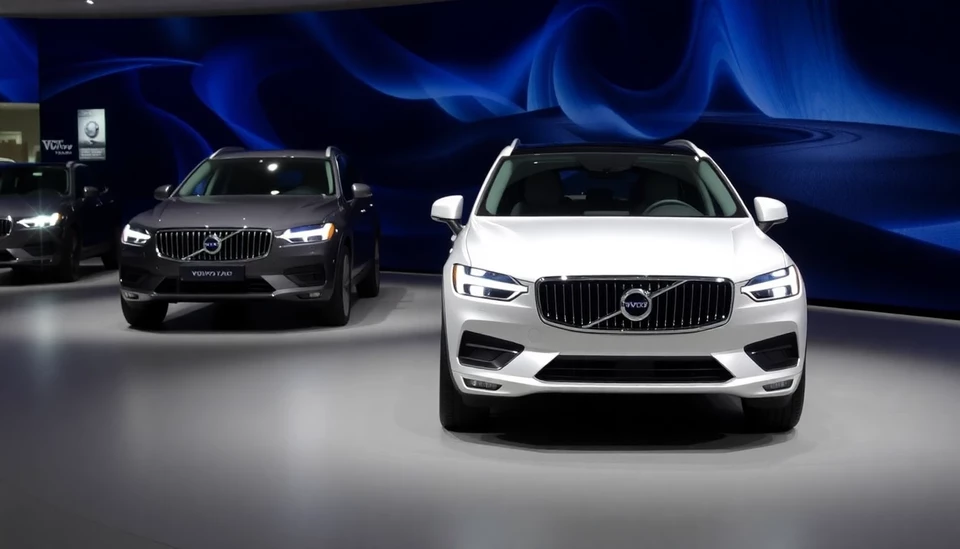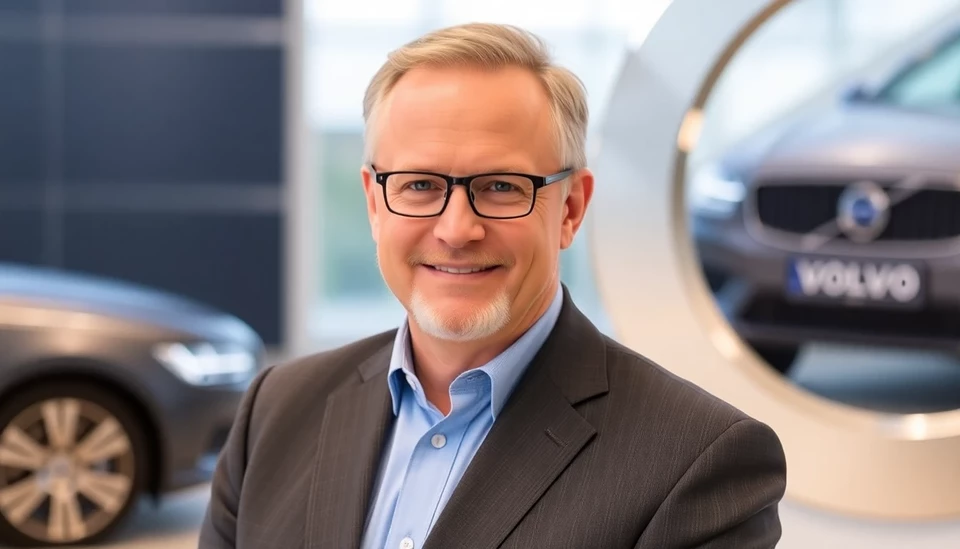
In a significant shift to its business strategy, Volvo Cars has revised its sales growth targets for the upcoming years. The Swedish automobile manufacturer has now set a more conservative sales growth forecast, directly attributing this adjustment to a notable downturn in consumer demand within the automotive sector.
The company had initially projected ambitious growth in response to last year's strong sales figures. However, the prevailing economic conditions, coupled with evolving consumer preferences and shifting market dynamics, have prompted Volvo to reassess its approach. This decision comes as a surprise to many industry observers who had anticipated a robust recovery trajectory following the disruptions caused by the global pandemic.
During a recent conference, Volvo’s CEO outlined the factors influencing this downturn, including increased competition in the electric vehicle space, a resurgence of inflationary pressures, and uncertainties surrounding global supply chains. These elements have collectively contributed to weaker-than-expected demand in key markets—a situation that impacts not only Volvo but also several automotive manufacturers struggling to maintain sales figures.
Despite these challenges, Volvo Cars remains committed to its long-term strategy focused on sustainability and technological innovation. The company is doubling down on its electric vehicle offerings, aiming to establish a stronger foothold in a market that increasingly prioritizes environmentally friendly options. However, the company stressed the need for patience as it navigates the current market landscape.
Industry experts express cautious optimism regarding Volvo's strategic pivot. While short-term projections may appear bleak, many believe that the company’s adaptability and focus on transitioning to electric vehicles will position it for better outcomes as market conditions stabilize. The real test will be whether Volvo can effectively manage the challenges posed by external forces while leveraging its strengths in innovation and brand loyalty.
Investors reacted to Volvo's updated outlook with mixed feelings, reflecting concerns about the overall health of the automotive sector amidst ongoing economic fluctuations. The revised targets have sparked discussions on Wall Street about the viability of growth strategies that rely heavily on sales volume in an increasingly competitive marketplace.
As Volvo navigates this turbulent period, stakeholders within the automotive industry will be closely monitoring its performance and adaptability. The company aims not only to regain consumer confidence but also to redefine its brand image in alignment with its key pillars of sustainability and cutting-edge technology.
In conclusion, Volvo Cars is adopting a more cautious stance regarding its sales growth predictions, aligning them more closely with current market realities. This strategic realignment exemplifies the ongoing challenges faced by automakers in a rapidly evolving landscape, while also highlighting the importance of innovation and sustainability in securing future success.
#VolvoCars #SalesGrowth #AutomotiveIndustry #ElectricVehicles #MarketDemand #Sustainability #Innovation
Author: Samuel Brooks
